It was unclear whether it was day or evening. The light, filtered through heavy curtains, caught in the pigments still fresh on the canvas, shone in the pools of petrol blue, faded in the somber purples. Jadé Fadojutimi stood there, brush down, as if waiting for an answer from something that had no form yet. But the painting, her painting, was already there to respond, not with words, but with chromatic fractures, with reverberations. Born in London in 1993, after studying at the Slade School of Fine Art and receiving an MFA from the Royal College of Art in 2017, Fadojutimi quickly emerged as one of the most radical and original voices in contemporary painting.
It is difficult to say where one of her works begins. The eye enters as if in a dream, but then stumbles. Colors that seemed welcoming become haunting. Lines that seemed vegetable become wounded. Titles like There Exists a Glorious World. Its Name? The Land of Sustainable Burdens do not explain: they open fissures, as if each phrase were a threshold, a question that refuses to close.
In his most recent canvases, The Woven Warped Garden of Ponder (2021), the landscape is a torn memory, not a place. There is something liquid, organic, pulsing beneath the surface. At times it looks like a forest, at times like a body seen from within. Forms elude, contradict themselves. It is like watching a feeling as it changes, as it tries not to be seen. And then one wonders: but what face does an emotion have, really?
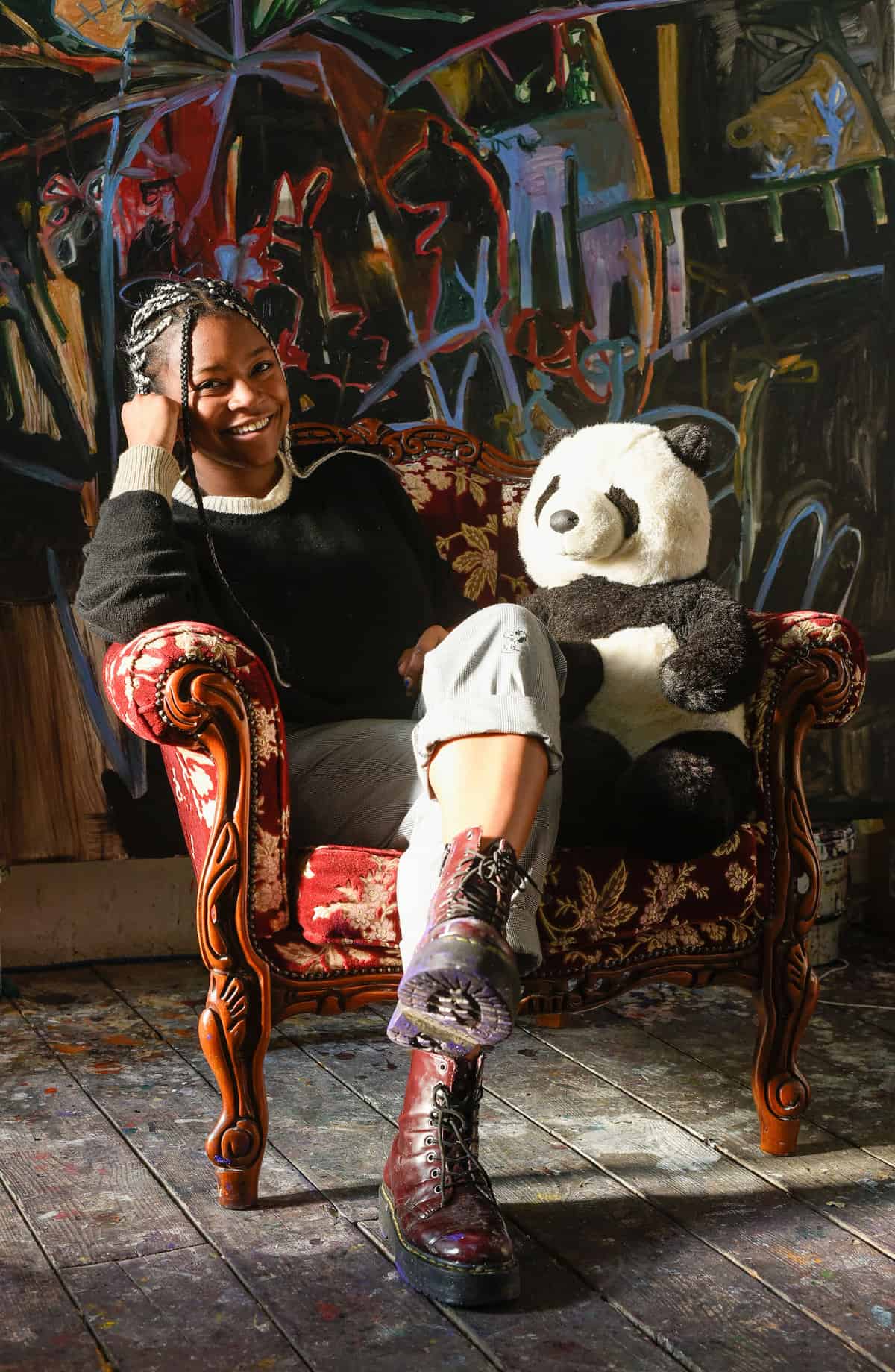
Fadojutimi does not build images, he pursues them. He often says he paints at night, when the questions get bigger and the thinking melts away. And in his gestures, quick, nervous, layered, there is something choreographed. The brush does not move, it dances. The canvas is not a support, it is an extension of the body. One almost gets the impression that each painting is the remnant of an invisible performance, which was consumed in the absence of spectators.
Yet, the viewer becomes an accomplice. He does not observe: he listens. But what exactly is he listening to? Perhaps his canvases are maps. Not geographical, but inner ones. Mental pathways. Thresholds between identities that do not allow themselves to be fixed. Jadé, who grows up between London and the distant memory of Nigeria, who studies Japanese anime, who crosses genres, affiliations, influences, returns all this in the form of a visual language that is impossible to translate. But it speaks. Loudly. Even when it hurts.
Take Cavernous Resonance (2020). A vortex of violent color, soaked in thick reds, corroded greens. There is a light that seems sacred, yet everything vibrates as if on the verge of disintegrating. What is resonating in there? A memory? A childhood? An otherness? Or is it just painting, in its purest, most magmatic state? Many call it abstract. But it is a word that, in her case, falls wrong. There is nothing more concrete, physical, sensual, than her painting. It is flesh transformed into gesture. It is impulse that becomes form. In each work there is an urgency that can be felt in the wrists, in the breath. As if each color was extracted with effort from a deep place, not of the world, but of the psyche.
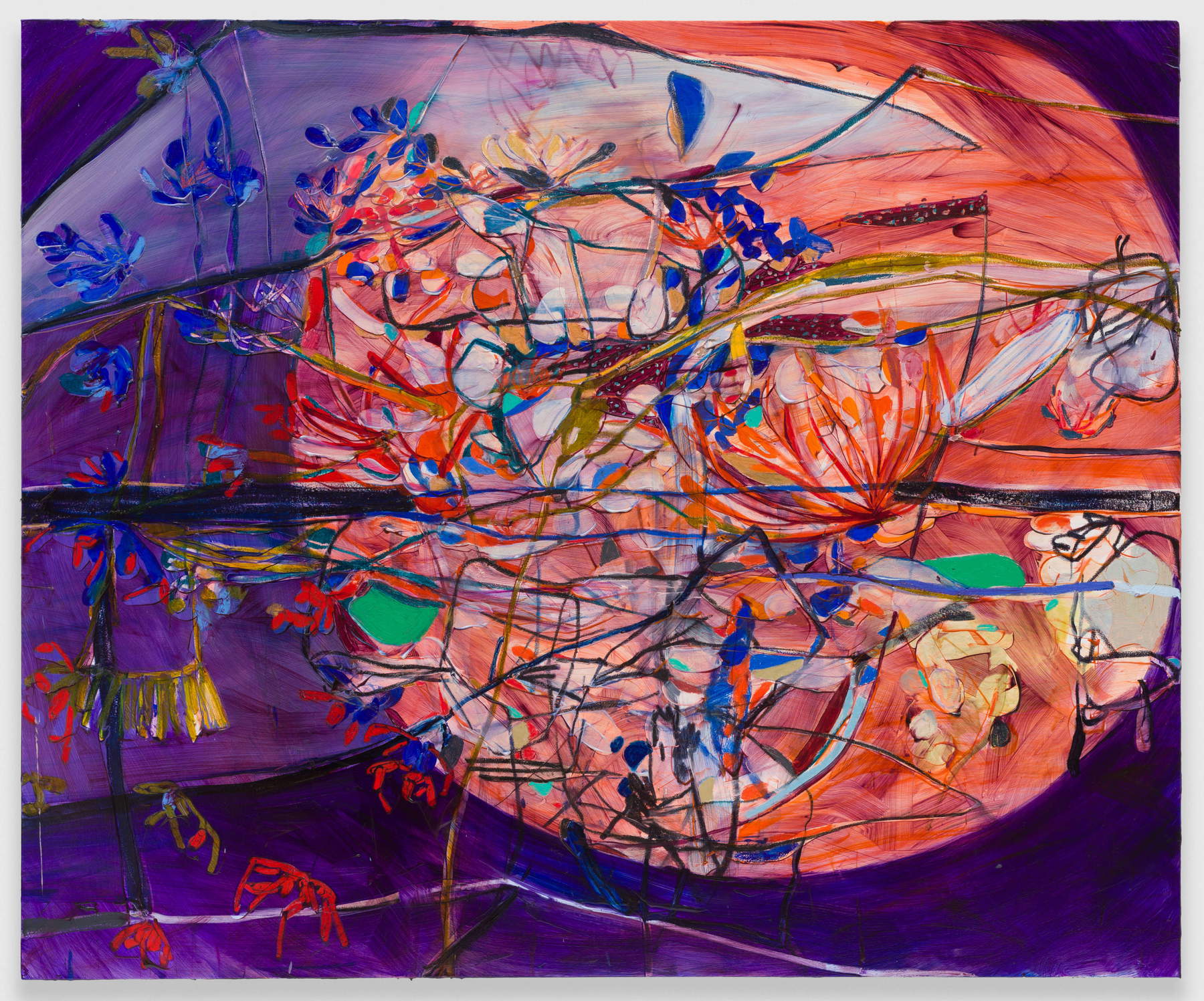
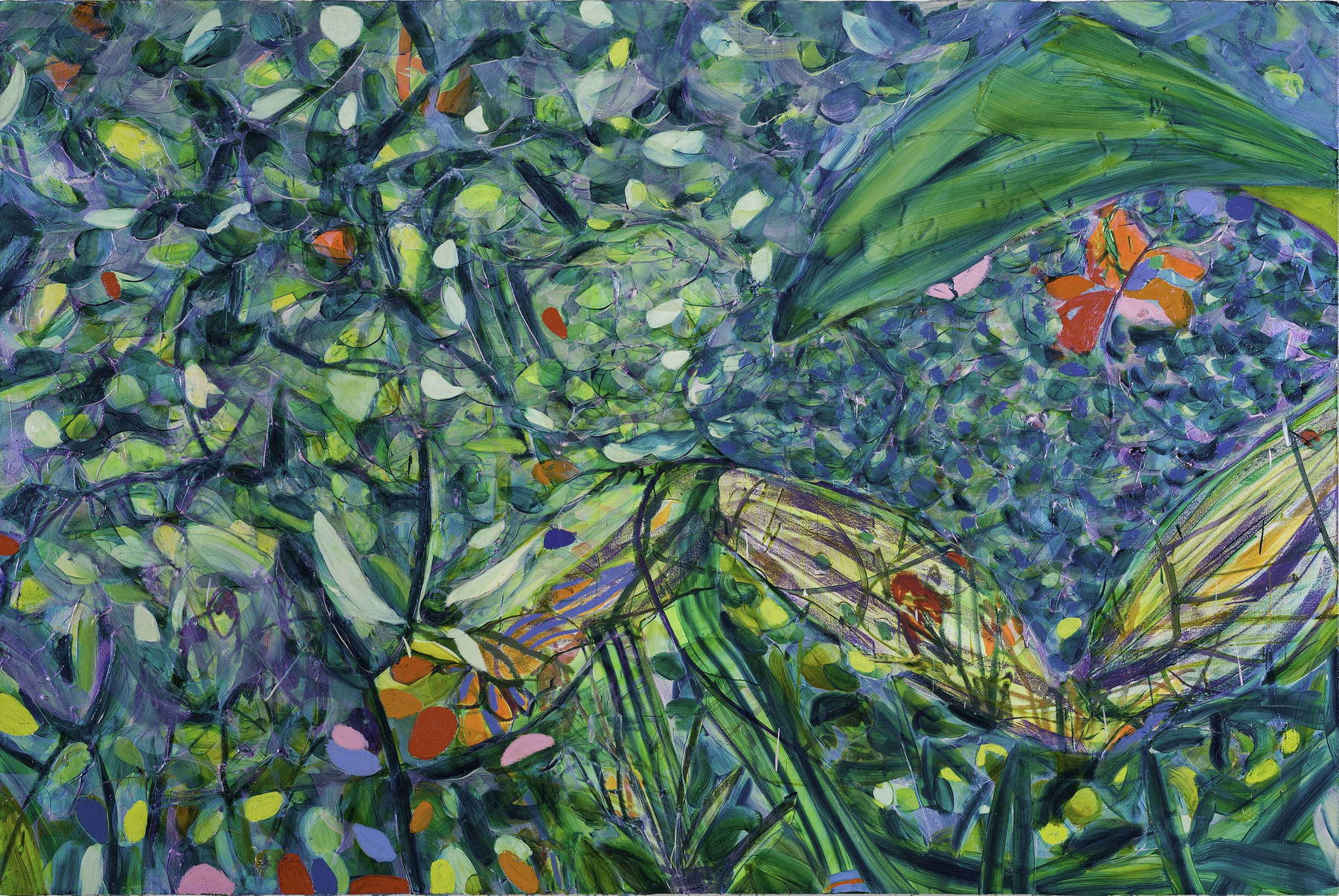
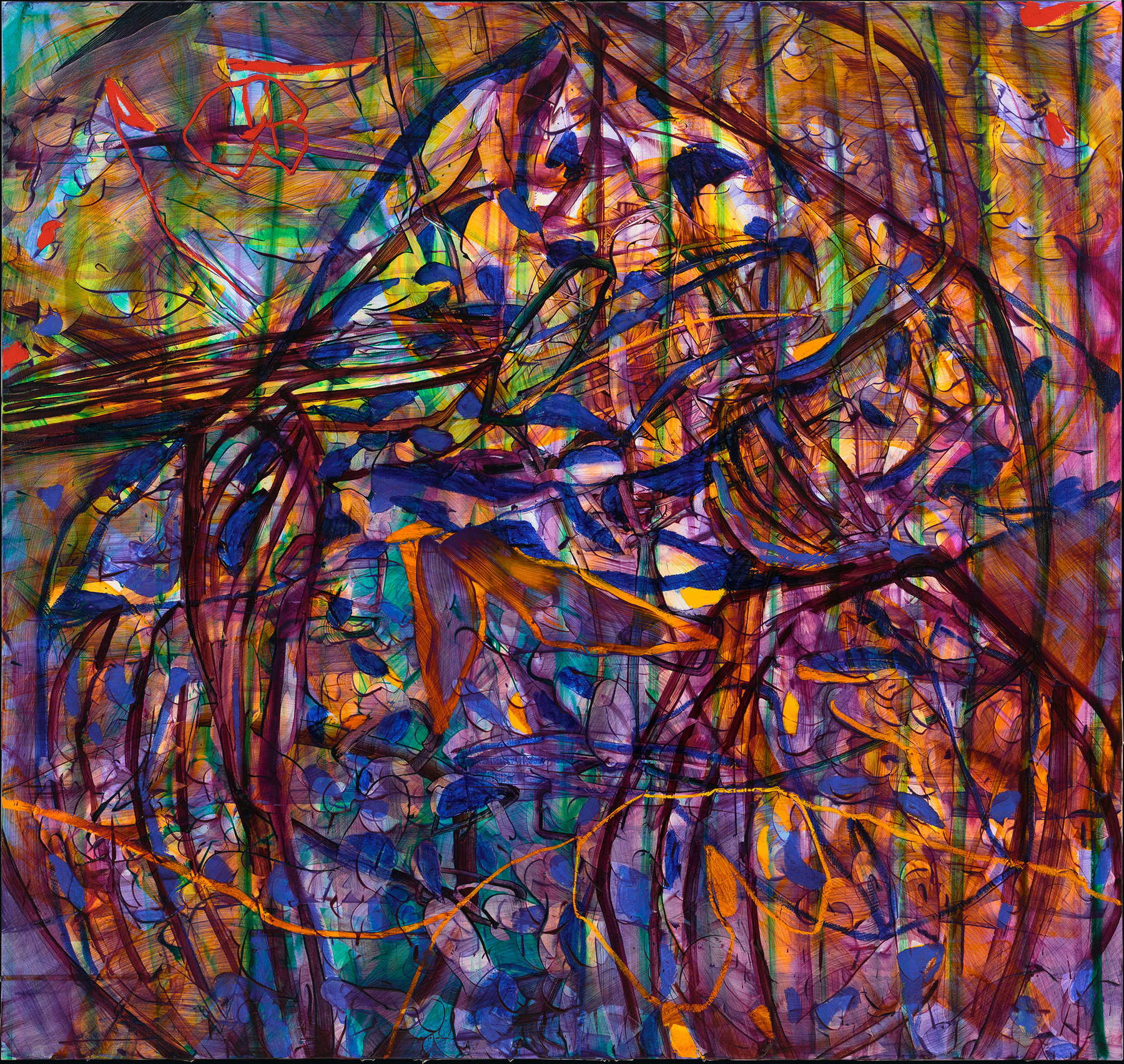
During the Venice Biennale in 2022, his works shone like visions. They were emotional walls, mental mountains. And those who passed by stayed there, as if bewitched. Because it was not just about seeing: it was about feeling. But hearing what, exactly? Perhaps that is the point. Fadojutimi never offers an unambiguous direction. Each canvas is a broken oracle. A sentence begun and broken. A story that is told only to those who agree not to understand it right away. His work does not appeal to the trained gaze, but to the vulnerable one. To those who have the courage to lose themselves.
And then, in front of his works, one no longer looks for meaning. One stays there, inside. One surrenders. One stops wanting to interpret and begins, instead, to remember. Remembering what? One does not know. But something happens. Always. Perhaps Jadé Fadojutimi’s art is just that: a threshold between what has been rehearsed but never said. A way to touch the world before language corrodes it.
And if it is true that every artist tries, at the end of the day, to construct a language of his own, Jadé’s is made of muted sounds, suspended tensions, fragilities made monumental. A language that does not claim to be understood. Only inhabited. And we, are we ready to really inhabit it?
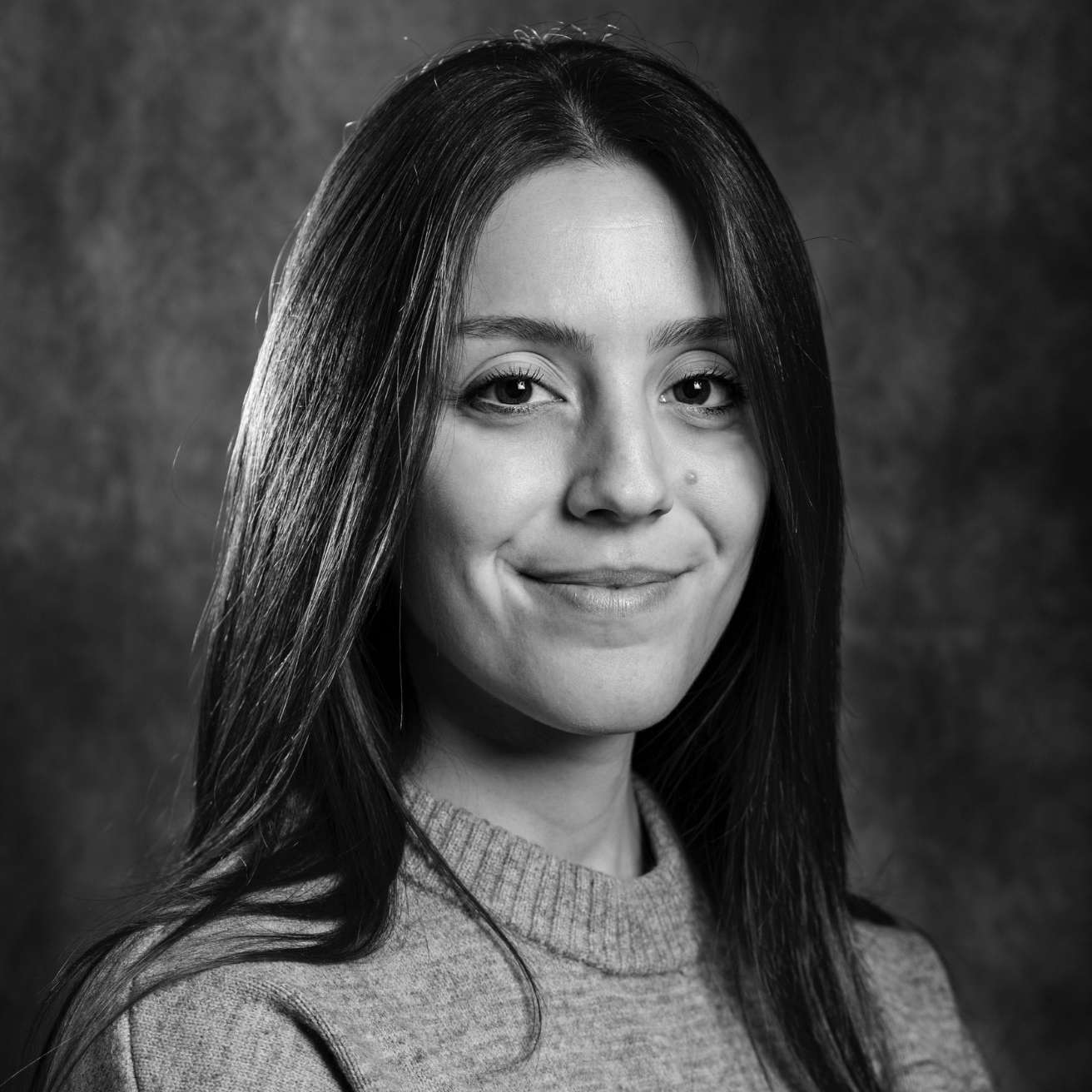
The author of this article: Federica Schneck
Federica Schneck, classe 1996, è curatrice indipendente e social media manager. Dopo aver conseguito la laurea magistrale in storia dell’arte contemporanea presso l’Università di Pisa, ha inoltre conseguito numerosi corsi certificati concentrati sul mercato dell’arte, il marketing e le innovazioni digitali in campo culturale ed artistico. Lavora come curatrice, spaziando dalle gallerie e le collezioni private fino ad arrivare alle fiere d’arte, e la sua carriera si concentra sulla scoperta e la promozione di straordinari artisti emergenti e sulla creazione di esperienze artistiche significative per il pubblico, attraverso la narrazione di storie uniche.Warning: the translation into English of the original Italian article was created using automatic tools. We undertake to review all articles, but we do not guarantee the total absence of inaccuracies in the translation due to the program. You can find the original by clicking on the ITA button. If you find any mistake,please contact us.